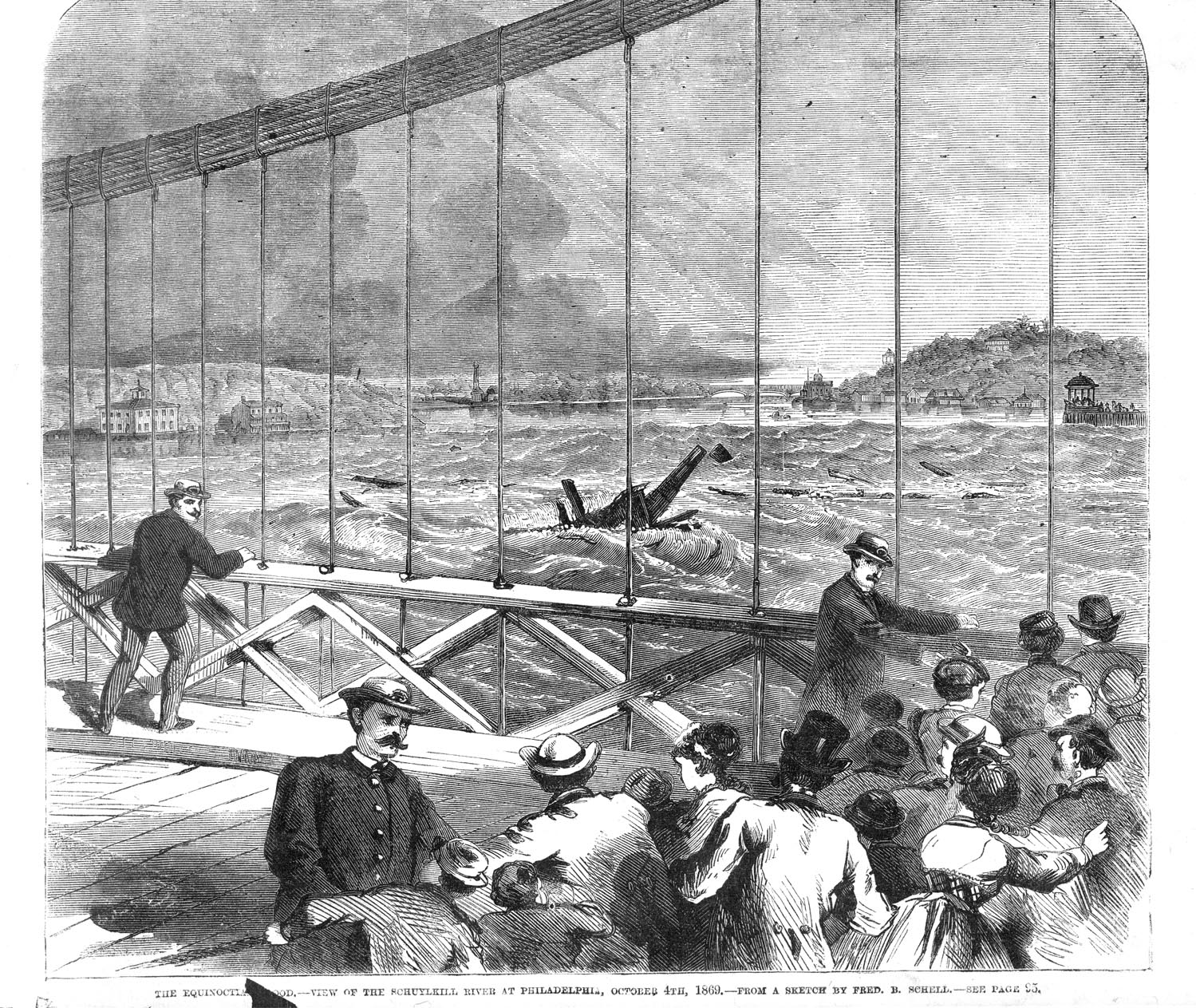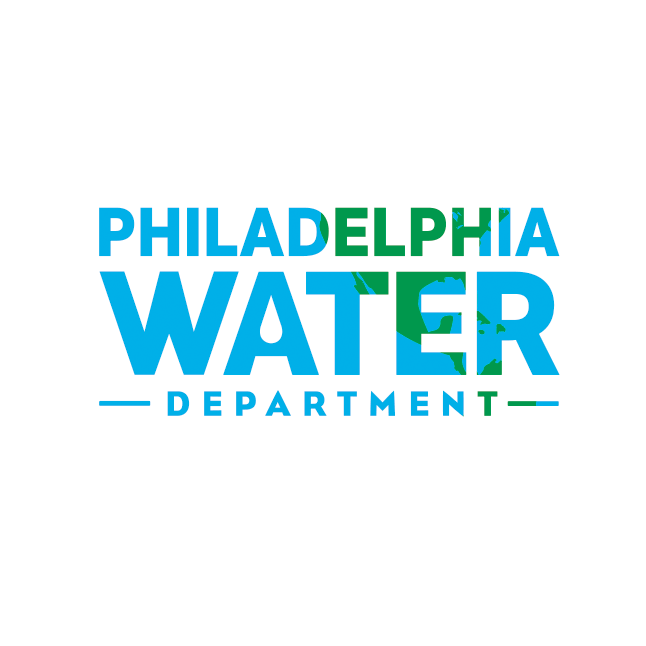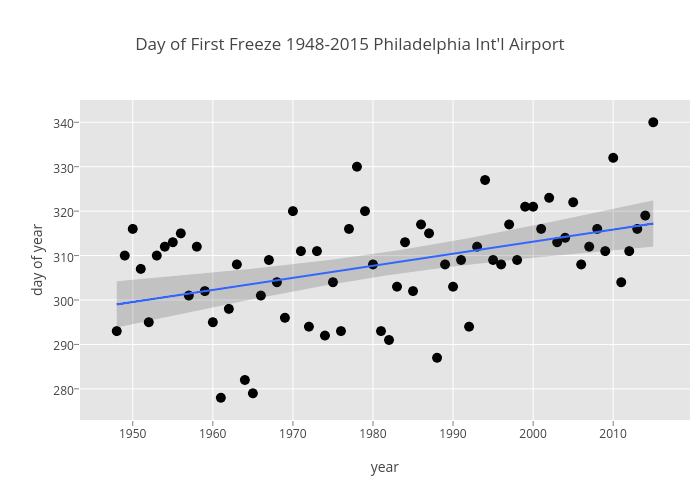When the City of Philadelphia sent a delegation to the C40 World Mayors Summit in Copenhagen last month, PWD engineer Julia Rockwell was among those joining Mayor Kenney.
We were proud to have her there representing the Philadelphia Water Department Climate Change Adaptation Program, which she manages. We’re also benefiting from the information she picked up through the summit’s Masterclass on adaptation, hosted by the City of Copenhagen.
Highlights from C40 Summit
Like the other City experts representing Philadelphia in Copenhagen, Rockwell was there because she and her peers are doing crucial work on the ever-changing frontier of climate change planning and policy.
“Cities around the world are leading the charge to make ‘the future we want’ a reality,” Rockwell said from the summit back in October, citing the C40-social media rallying cry: #TheFutureWeWant.
While in Copenhagen, Philadelphia delegates met with other officials to exchange ideas, discuss common challenges, and identify opportunities for collaboration.
On November 21, they will address a sold-out crowd at an event hosted by PlanPhilly and the City of Philadelphia to summarize the trip. In addition to Rockwell, panelists for the Philly presentation include a roster of her fellow C40 delegates:
Comparing Notes: Copenhagen and Phila. Adapt with Green and Planning
Rockwell’s focus during the gathering of nearly 100 global cities was Copenhagen’s Cloudburst Management Plan, their citywide strategy to increase resilience to intense rainfall events and subsequent urban flooding—a climate impact that Philadelphia and many other cities are already facing.
“Copenhagen’s strategy focuses on an adaptive solution that combines the implementation of large-scale, blue-green infrastructure projects that manage stormwater at the surface and with drainage tunnels where needed,” Rockwell explained. “A unique aspect of this approach is to view stormwater as a resource and opportunity for innovative infrastructure design, something that Philadelphia is working towards through the implementation of our Green City, Clean Waters program.”
Launched in 2011, Philadelphia’s 25-year program is nationally recognized and uses green investment in neighborhoods to soak up stormwater while improving the sewer system and treatment plants. The effort is designed to reduce billions of gallons of sewer overflows annually and make neighborhoods greener and healthier places to live.
It’s also part of our three-fold approach to addressing the global issue of climate change:
- Mitigation: We are working to lessen PWD’s contribution to climate change by saving energy and using renewable energy sources. (See the Philadelphia Water Department energy strategy)
- Understanding risks: We are studying climate science and performing a comprehensive risk assessment to understand what impacts climate change will have on Philadelphia’s drinking water, wastewater and stormwater systems.
- Adapting: We will implement proactive, cost-effective strategies that incorporate climate considerations into the planning and design of projects so we can adapt to expected changes.
“There is no straightforward solution to climate adaptation, but through collaboration with cities and partners on scales from local to global, we can make meaningful strides,” said Rockwell.




